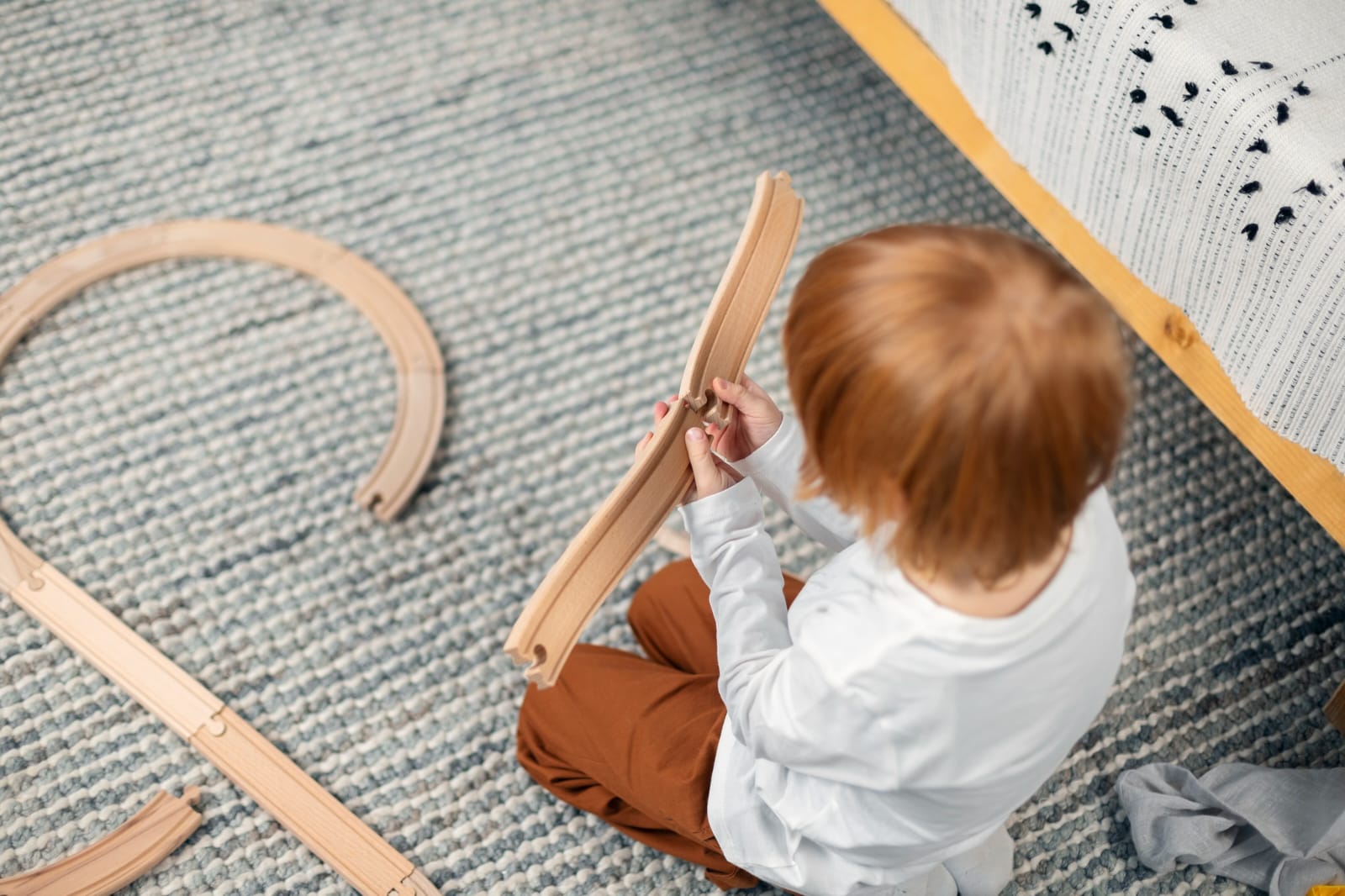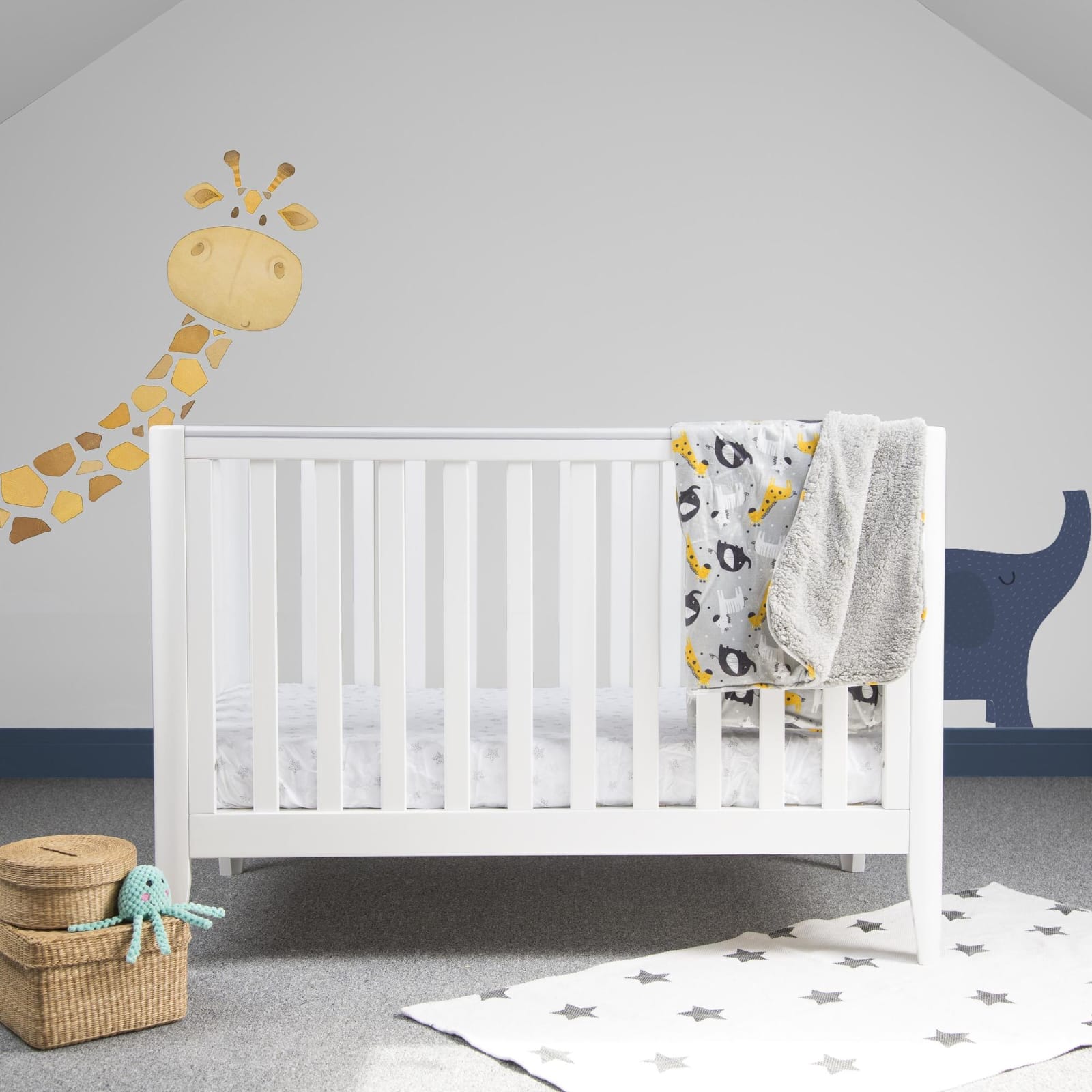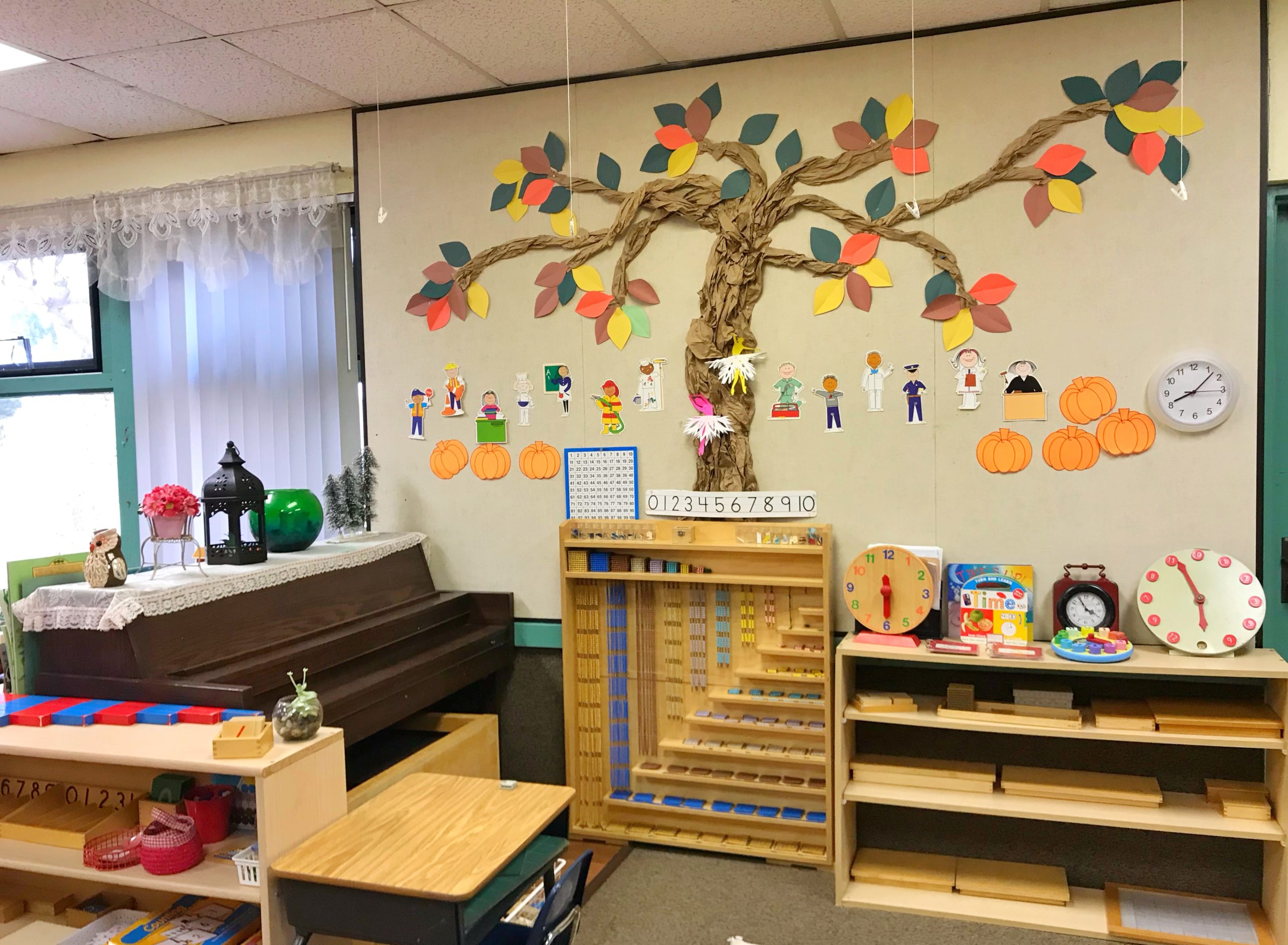
When a new baby is on the way, kids can go through a lot of emotions. They might feel excited, but also unsure, jealous, or even nervous. That’s totally normal. It’s important to support them with understanding and the right tools. The Montessori method focuses on each child’s individual pace, building independence, and developing emotional awareness. It offers a thoughtful way to help families through this transition.
Here are some tips that can help you get your child ready for a new sibling. At Central Montessori Schools (CMS), our team is here to support families and help children become confident and independent, ready to take on the real world.
Why Montessori Helps During This Time

Montessori places a strong focus on emotional and social growth. It encourages empathy, observation, and preparing the environment. Using this approach to get your child ready for a new sibling can help:
- Build emotional confidence
- Encourage active participation
- Avoid pressure or unrealistic expectations
- Develop empathy, responsibility, and teamwork skills
Here are some practical ideas based on Montessori principles.
1. Involve Your Child From the Beginning
One of the key ideas in Montessori is encouraging children to take part in daily life. Once you’re ready to share the news, involve your child in simple and meaningful ways:
- Show them pictures of how the baby is growing
- Read books together about becoming a big sibling
- Let them touch your belly, feel the baby kick, or even come to a doctor visit if that’s possible
These moments can help your child feel connected and reduce feelings of confusion or uncertainty.
2. Talk About Feelings and Use Books to Guide Conversations
Montessori encourages naming emotions and creating safe spaces to talk. Read children’s books about new siblings and create relaxed moments for your child to ask questions and share how they feel.
Try asking things like:
- “What do you think the baby will do when they arrive?”
- “Is there something you would like to teach the baby?”
By listening and validating their thoughts, you help your child feel seen and supported.
3. Prepare Your Home for the New Family Setup
Montessori talks a lot about the “prepared environment.” You can use this idea at home to help your child feel capable and included.
- Set up their space so they can easily reach their toys, clothes, and materials
- Create a little baby care area where your older child can watch or help if they want to
- Use low furniture or small tools so they can help with simple tasks
This builds their sense of independence and belonging.
4. Build Independence Before the Baby Arrives
Montessori values independence. Helping your child learn to do more on their own can make things smoother for everyone once the baby is born.
Some easy ideas:
- Practice getting dressed
- Let them pour their own cereal or serve breakfast
- Wash hands together or practice putting away toys
These small steps boost confidence and give parents more space when caring for a newborn.
5. Let Your Child Help with the Baby if They Want To
Once the baby is home, give your child the chance to help out at their own pace. Keep it relaxed and let them choose how to join in.
- Handing you a wipe during diaper changes
- Picking out an outfit for the baby
- Reading or singing to the baby
It’s not about turning them into a helper. It’s about building a natural, positive connection between siblings.
6. Avoid Labels and Comparisons
Saying things like “You’re older, you need to understand” can be harmful. Montessori reminds us to respect each child’s development.
Avoid calling one child “the wild one” or “the responsible one.” Labels can lead to jealousy or pressure. Instead, treat each child with fairness, empathy, and understanding.
7. Keep Routines and Create Personal Space
Your older child still needs time with you. Try to keep some one-on-one moments each day, like reading a story before bed or having breakfast together.
Also, set up a small area that belongs just to them. It could be a drawer, a shelf, or a cozy spot where they can keep special things or take a break. Montessori supports giving children control over their own space.
8. Encourage Imaginative Play
Pretend play helps children process big emotions and new experiences. Offer toys like baby dolls, little cribs, diapers, or bottles so your child can play out what they’re seeing at home.
Through play, they may express feelings or ask questions in a way that feels safe and natural.
9. Give Them Time to Adjust
Every child responds differently. One day they may be excited. The next, they may feel left out or unsure. That’s okay.
Montessori encourages adults to observe and stay present without jumping in too fast. Support your child with calm guidance, clear limits when needed, and lots of affection.
10. Celebrate Their Role as the Older Sibling Without Pressure
Help your child embrace their new role in a positive way, without expecting too much too soon.
You might say things like:
- “I saw how you kept your space tidy while I was with the baby. That really helped.”
- “Thanks for waiting while I took care of the baby. I love spending this time with you too.”
These kinds of messages build their confidence without creating pressure or rivalry.
Final Thoughts
Welcoming a new sibling is a big shift in a child’s life. With the Montessori approach, you can guide this journey with love, respect, and empathy. Involving your child, encouraging independence, and listening to their emotions will help them feel more secure and build a strong bond with their new sibling.
At CMS, we offer special classes and summer programs where children can explore Montessori in a safe, supportive environment. Each activity is designed to match their age and abilities, helping them grow with confidence.




